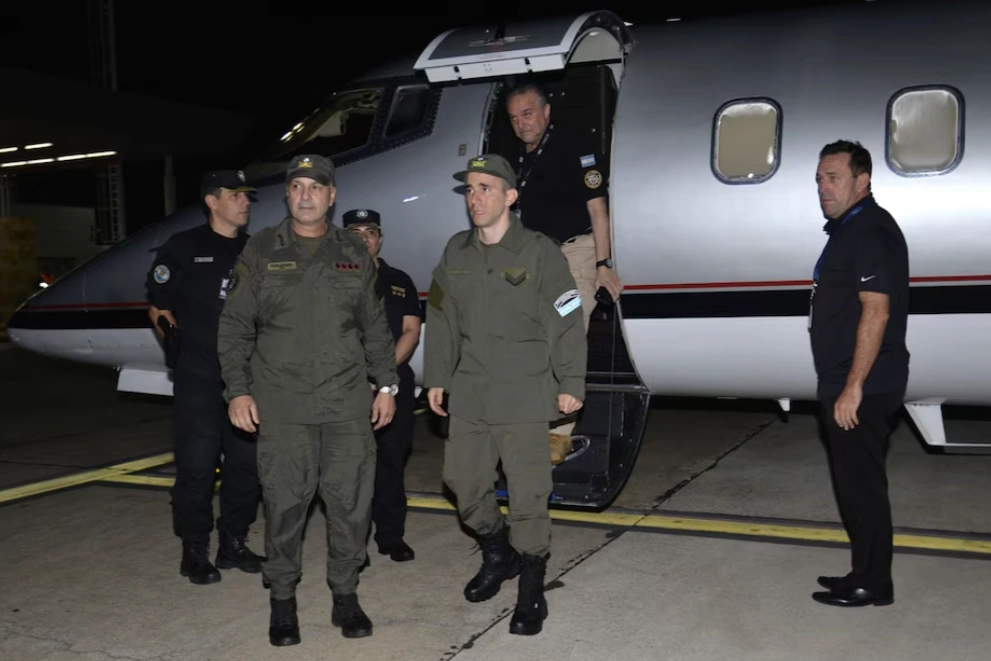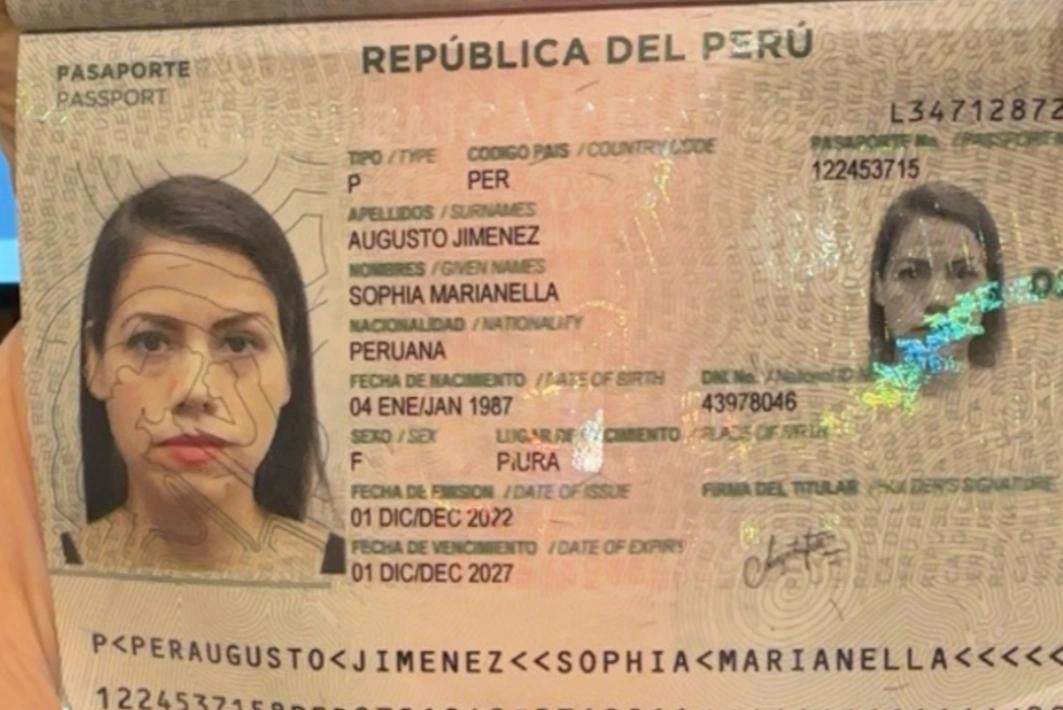
Despite Trump's great efforts, talks between Russia and Ukraine fail
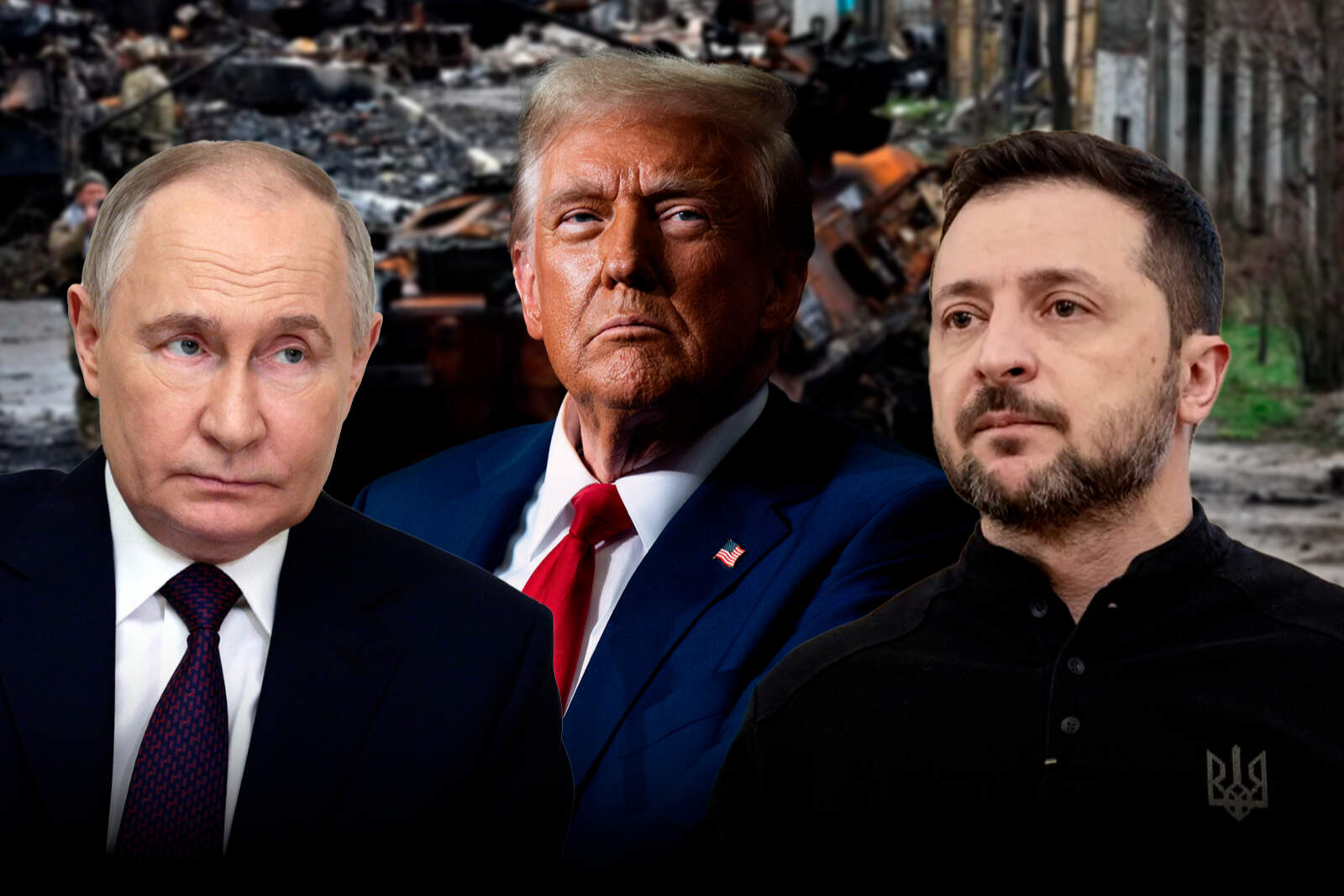

porEditorial Team
Argentina
After the President of the United States achieved significant progress in the negotiations between Putin and Zelensky, the leaders backtracked
The hopes for a historic meeting between the presidents of Russia and Ukraine, Vladimir Putin and Volodymyr Zelenski, in Istanbul this Thursday faded after the Kremlin confirmed that Putin wouldn't personally attend the peace talks. Instead, Moscow sent a delegation led by presidential advisor Vladimir Medinsky, accompanied by senior officials such as Deputy Foreign Minister Mikhail Galuzin, Deputy Defense Minister Alexander Fomin, and military intelligence chief Igor Kostyukov. Putin's absence prompted an immediate response from Ukraine. Zelenski, who had declared his willingness to meet face-to-face with the Russian president for the first time since the escalation of the war in February 2022, chose not to attend the talks and delegated Ukrainian representation to his Defense Minister, Rustem Umerov. [IMAGE]{1019572}[/IMAGE] During a press conference in Ankara, after meeting with Turkish President Recep Tayyip Erdogan, Zelenski described the Russian delegation as a "second-rate team" and expressed his disappointment at what he considered an unserious signal from the Kremlin. Meanwhile, Russia replied with a hostile tone. Russian Foreign Minister Sergei Lavrov called Zelenski "pathetic" for demanding Putin's presence, and Foreign Ministry spokeswoman Maria Zakharova called him a "clown" and a "loser." This rhetoric heightened the tension around talks that, in theory, had been proposed by Putin himself days earlier as an attempt to initiate direct negotiations to solve the conflict. [IMAGE]{1019578}[/IMAGE] Medinsky, a fervent advocate of the conquest of lands in Ukraine and editor of a controversial schoolbook that justifies the war as a necessary reaction to Western threats, stated on Telegram that Russia seeks a "lasting peace" and to "address the root causes of the conflict." However, his presence as the main negotiator was interpreted by Kiev as a maneuver to avoid real progress in the negotiations. In parallel, the President of Türkiye and his Foreign Minister Hakan Fidan expressed moderate optimism. Fidan stated that if positions align and trust is established between the parties, a "very important step toward peace" could be taken. Türkiye, as a traditional mediator between Russia and Ukraine, has reiterated its support for any diplomatic process that leads to the cessation of hostilities. [IMAGE]{1019581}[/IMAGE] The United States, meanwhile, was skeptical about the development of the talks. President Donald Trump, on a tour of the Middle East, declared from his presidential plane that he doesn't expect real progress until he himself meets face-to-face with Vladimir Putin. "Nothing's going to happen until Putin and I sit down together," said Trump, who also noted that he wasn't surprised by the Russian leader's absence in Istanbul. Trump also had proposed new sanctions against Russia if it doesn't move toward an agreement with Ukraine, and in recent days has reinforced his role as a central figure in international diplomacy. [IMAGE]{1019584}[/IMAGE] This stance reinforces his attempt to position himself as the only leader capable of decisively influencing the course of the war, in contrast to the more institutional policy of his predecessors. The atmosphere in Istanbul was one of uncertainty. Türkiye confirmed that the delegations were present and that talks could take place in the second half of the day, but no official schedule was set. Russia, meanwhile, stated that its team was ready to meet, but noted that the Ukrainian delegation hadn't yet arrived.
Noticias relacionadas

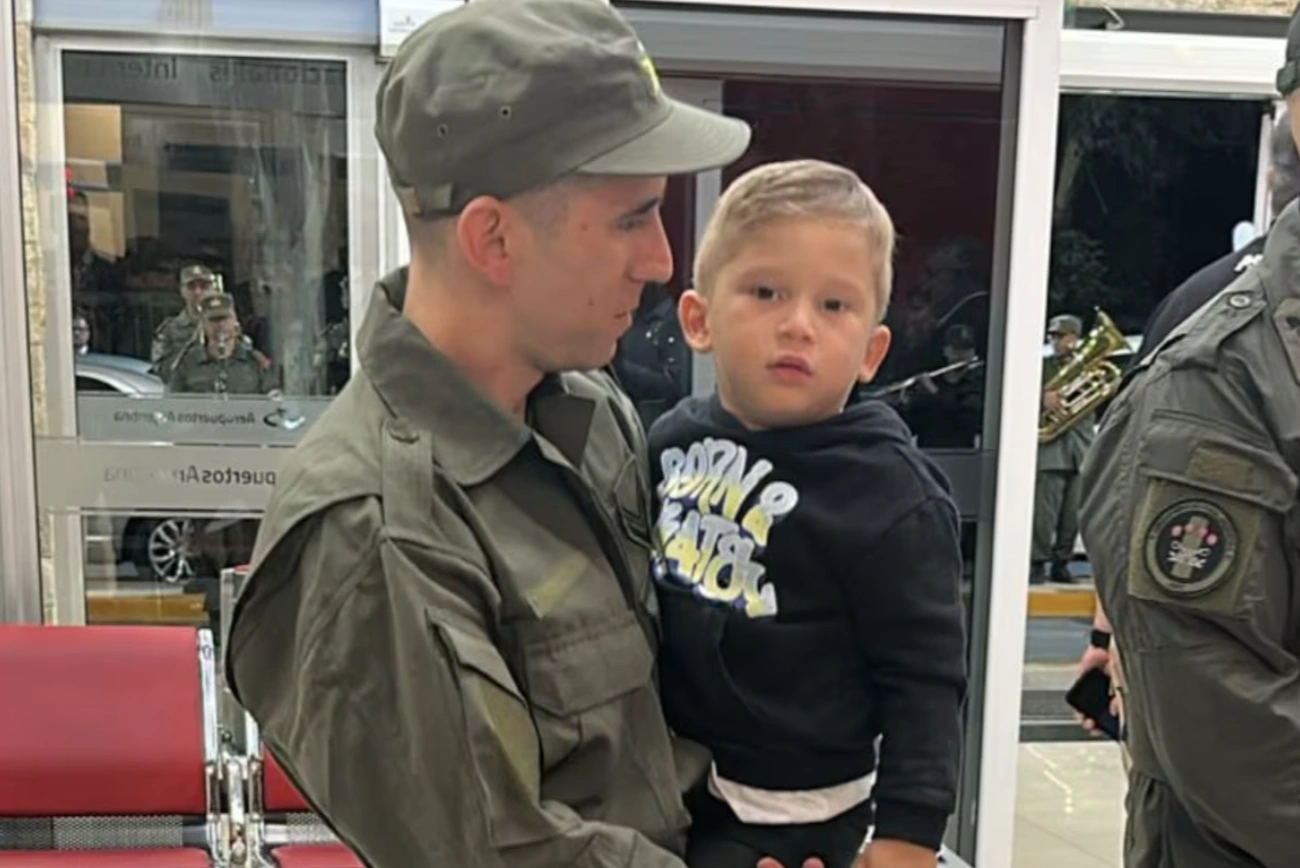
Javier Milei spoke after the release of Nahuel Gallo: “It was a tragedy that our gendarme was kidnapped”
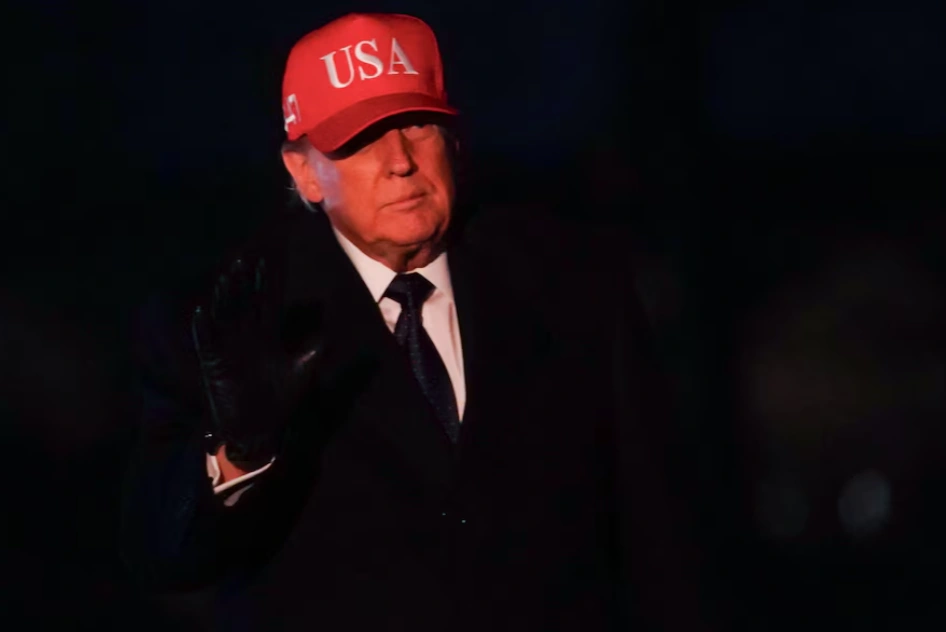
Trump evaluates applying the Venezuelan model for the transition in Iran after the death of Khamenei
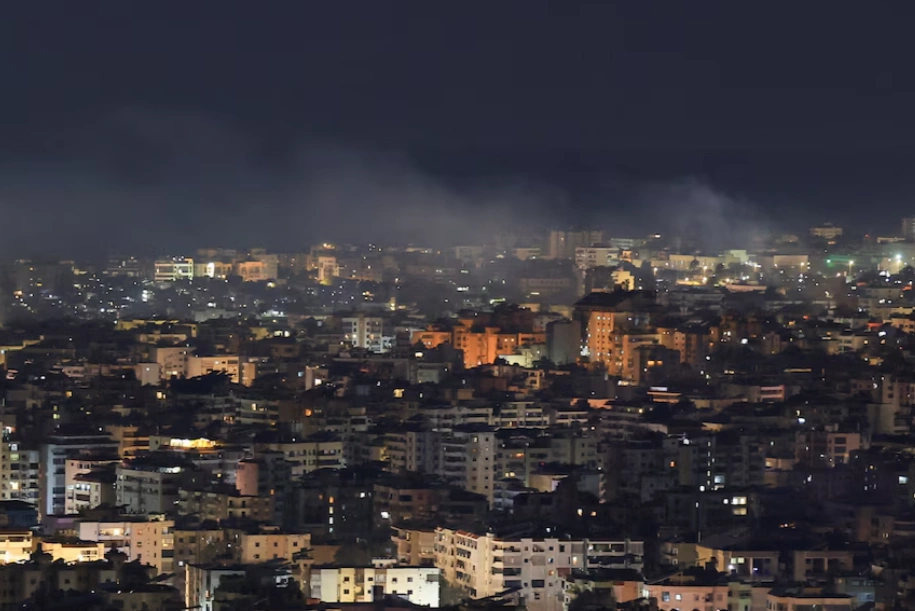
Israel launched an offensive in Lebanon after Hezbollah missile and drone attacks
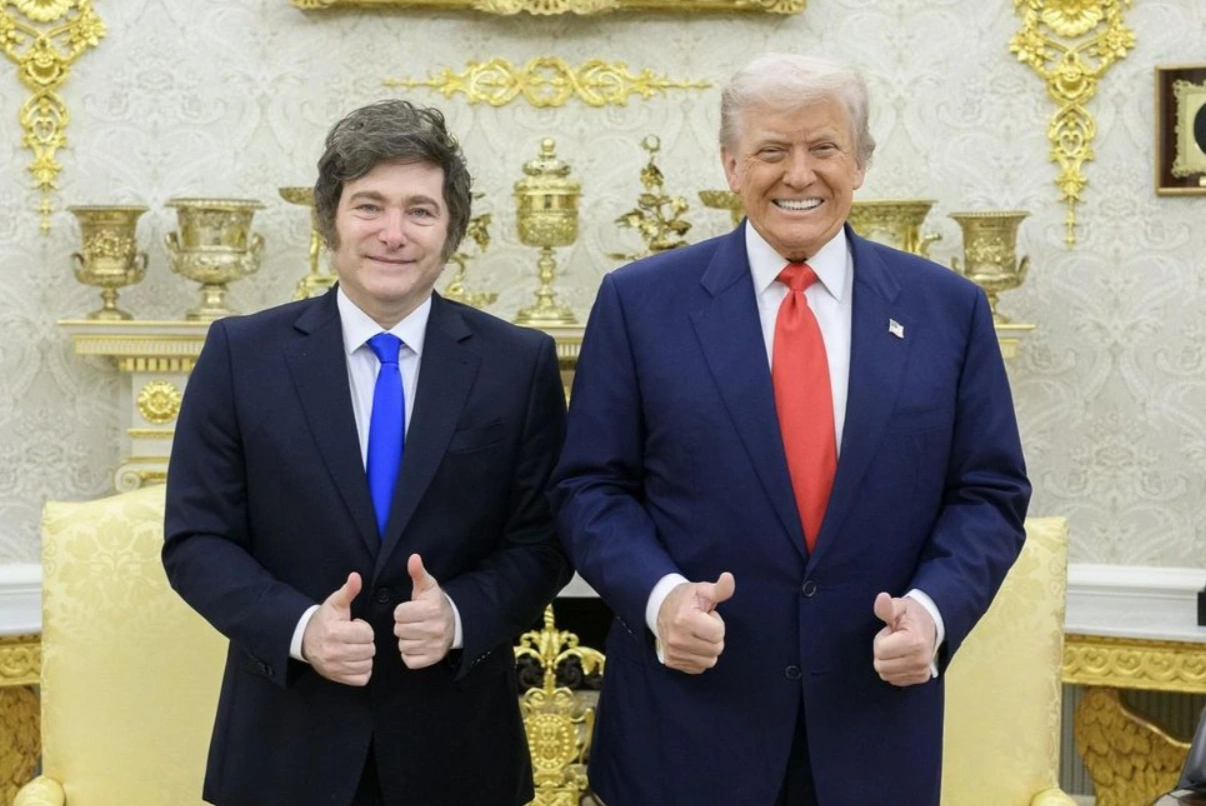
Javier Milei reaffirmed in Congress his strategic alliance with the United States and asked to turn it into State policy
